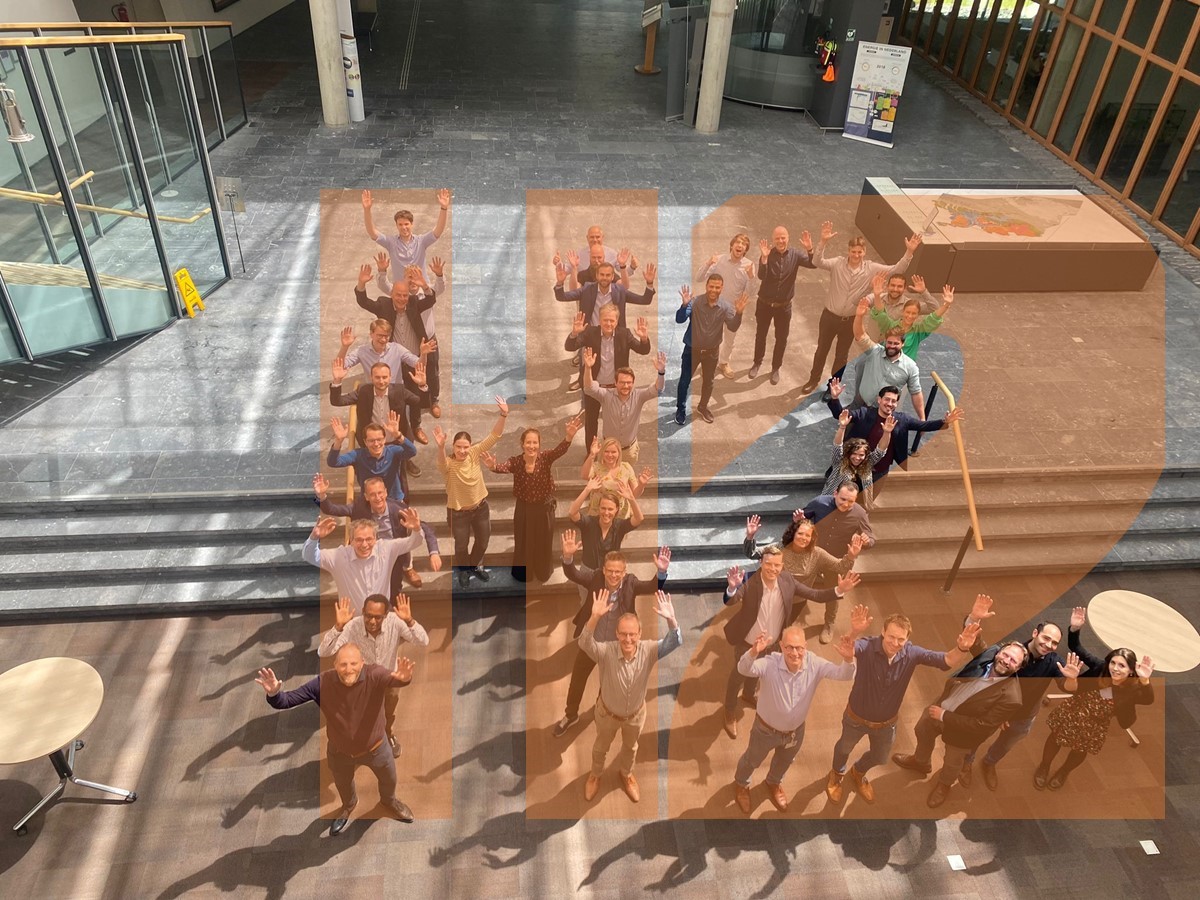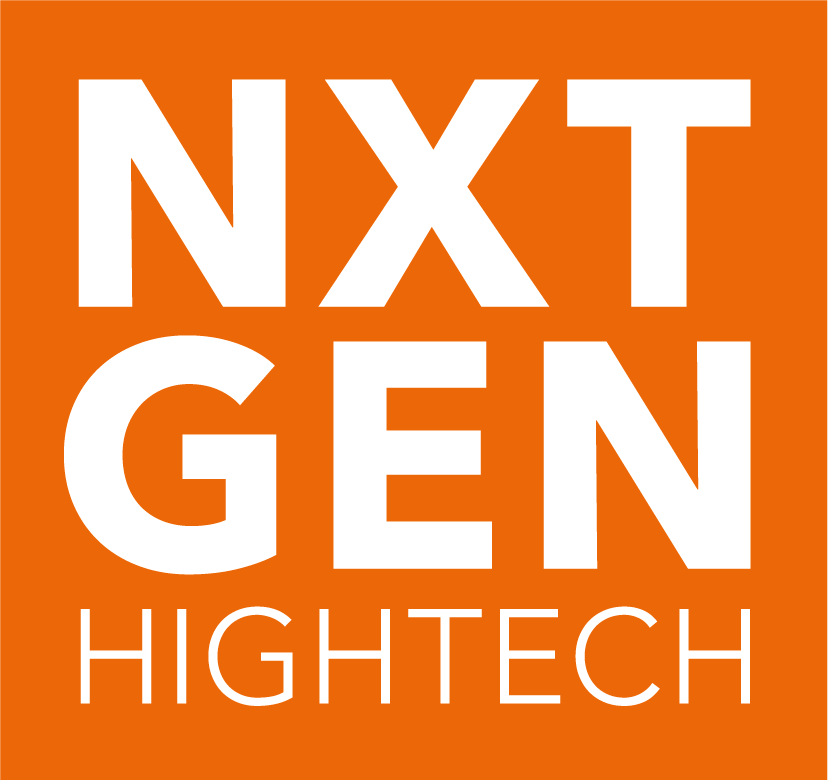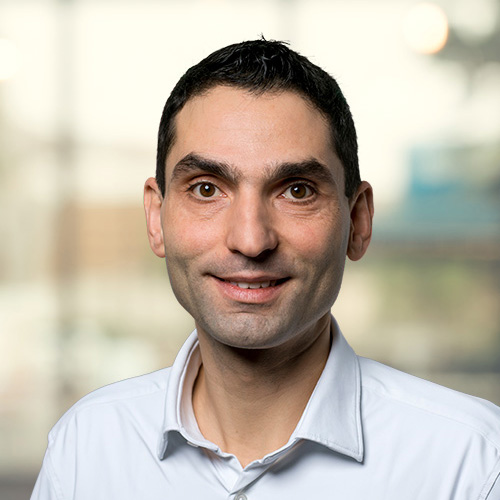

The Netherlands takes the lead in development of third-generation electrolysers
01-06-2023 | New Project
 The large-scale production of green hydrogen, crucial for the energy transition, requires a completely new type of electrolyser with higher efficiency, lower cost, and a circular design. Led by TNO, a consortium of technical universities and private-sector companies will spend the next few years devising and developing a radical new design. With our own available knowledge and that of our high-tech manufacturing industry, the Netherlands is excellently positioned to take the lead in this.
The large-scale production of green hydrogen, crucial for the energy transition, requires a completely new type of electrolyser with higher efficiency, lower cost, and a circular design. Led by TNO, a consortium of technical universities and private-sector companies will spend the next few years devising and developing a radical new design. With our own available knowledge and that of our high-tech manufacturing industry, the Netherlands is excellently positioned to take the lead in this.
25 million available
The National Growth Fund is providing nearly 18 million euros for this purpose; the consortium of 17 parties is contributing 6.5 million. The project is part of the NXTGEN HIGHTECH growth fund, which will provide high-tech solutions for a new generation of manufacturing technology in six key areas. In the renewable energy domain, besides green hydrogen energy, this concerns new batteries.
Participating companies, organisations, and knowledge institutions in the third-generation electrolysers programme Admatec, Bosch Transmission Technology, Robert Bosch, Coval Energy, Delft IMP, Demcon Energy Systems, HyGear, Magneto Special Anodes, NedStack fuel cell technology, SparkNano, Delft University of Technology, Eindhoven University of Technology, University of Twente, VDL Groep, VSParticle, Vereniging High Tech NL, and TNO.
Innovation power
‘It involves the development of state-of-the-art components and stacks for electrolysers and the technology to have them manufactured by our high-tech industry. Europe’s major electrolyser manufacturers are in Germany, with China also becoming increasingly active in the manufacturing of alkaline electrolyser technology. But as with the automotive industry, our country can once again distinguish itself by acting as an indispensable supplier of innovative components, stacks, and high-precision manufacturing equipment. We can use this to build an ecosystem for our industry, as TNO has done in collaboration with FME. And that is beneficial to the Netherlands’ innovative and earning power,’ says hydrogen expert Lennart van der Burg of TNO.
From first to third generation
The ‘Third-generation Electrolysers’ project started beginning of May 2023 and will run for five years. It is expected to be a major step in the development of this equipment needed for electrolysis, splitting water into oxygen and hydrogen using solar and wind energy. Current projects at home and abroad are more focused on scaling up present-generation electrolyser technology in the first large-scale >100 MW hydrogen plants. TNO is already working with Dutch parties in the HyScaling project on second-generation electrolysers (technologies: PEM and alkaline) that perform better and are more efficient and cheaper, with their design remaining broadly the same. TNO also made a step towards the development of the Solid Oxide Electrolysis technology (high temperature) for industrial scale, with the first scaled-up cell/stack manufacturing (30x30 cm2 cells), currently developed to a 80 kW scale SOE stack module in the on-going European project OUTFOX.
Synergies
The third generation involves exploring all current technologies based on water splitting (PEM, alkaline, SOE, AEM) in conjunction, with CO2 electrolysis as a newcomer. This technology makes it possible to convert CO2 into various carbon-based products. This is an essential development as regards replacing today's fossil-based raw materials. In the VoltaChem programme, TNO has been working on this for the past five years, and CO2 electrolysis is now accelerating, thanks also to the advance of water electrolysis for hydrogen production. Synergies are expected to emerge between all these concepts, especially in the high-tech manufacturing technologies of the electrolyser components and stacks. The new electrolysers will need to deliver significantly better performance, use much less energy and materials, and be cheaper.
VoltaChem Program
Work is continuing within the VoltaChem program to also apply the high-tech production technologies to the latest generation of CO2 electrolysers. The NXTGEN HIGHTECH growth fund is providing a further boost to this by producing needed components in a smarter and more affordable way. CO2 electrolysis is expected to develop rapidly in the coming years and to play a major role in the reuse of carbon for applications in e-fuels, materials, and food. The VoltaChem program is recognised worldwide as a leader in the development of electrolysis technologies.
About NXTGEN HIGHTECH
This project is made possible in part by a contribution from the National Growth Fund NXTGEN HIGHTECH. As € 1 billion will be invested until 2030 with over 330 partners, in more than 60 projects and in six essential domains. In doing so, NXTGEN HIGHTECH will make a significant contribution to the structural and sustainable economic growth in the Netherlands and offer solutions for the major societal challenges in the areas of energy transition, health, safety and food. For more information, please visit https://nxtgenhightech.nl/
Share this page:

